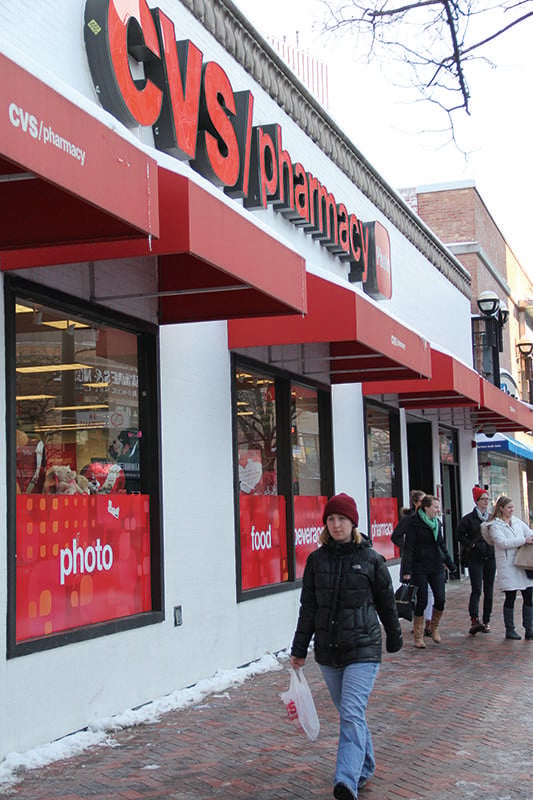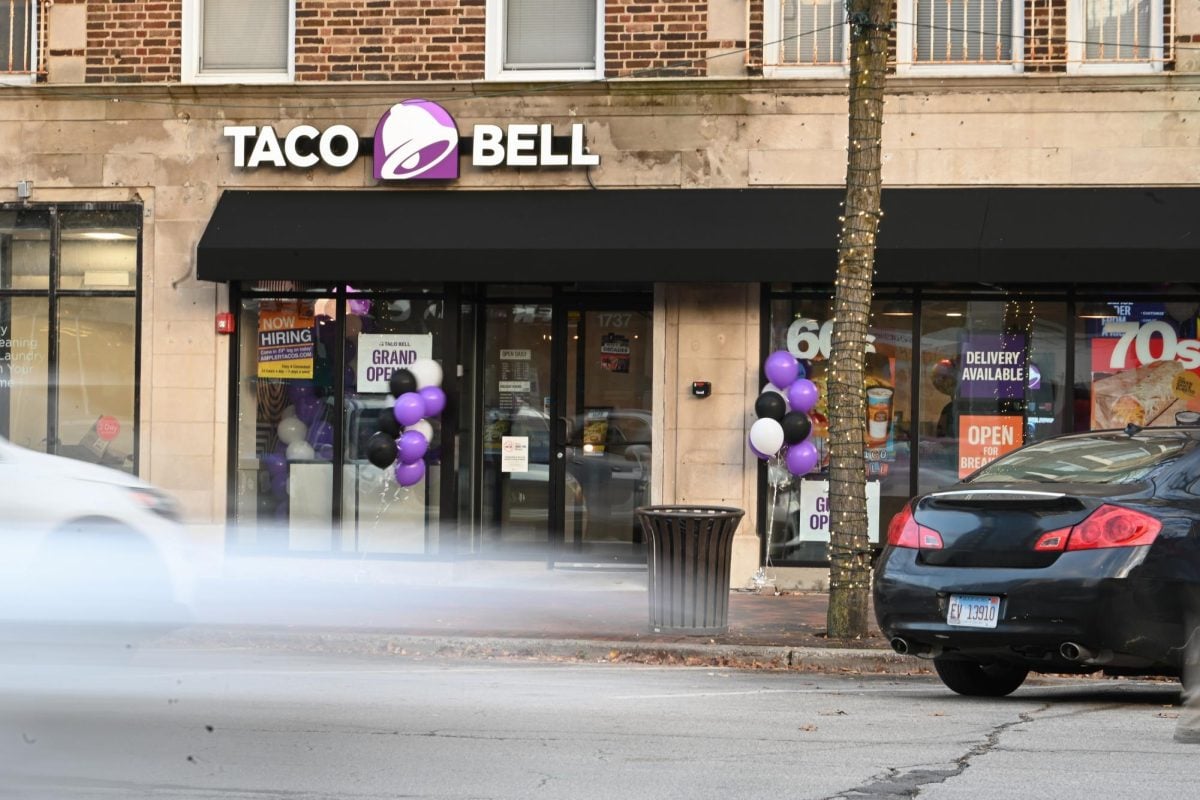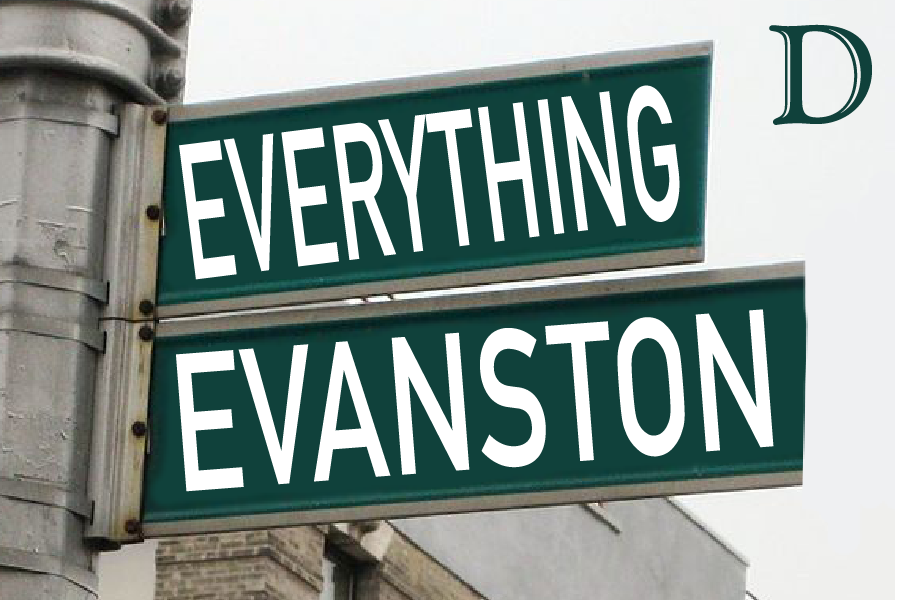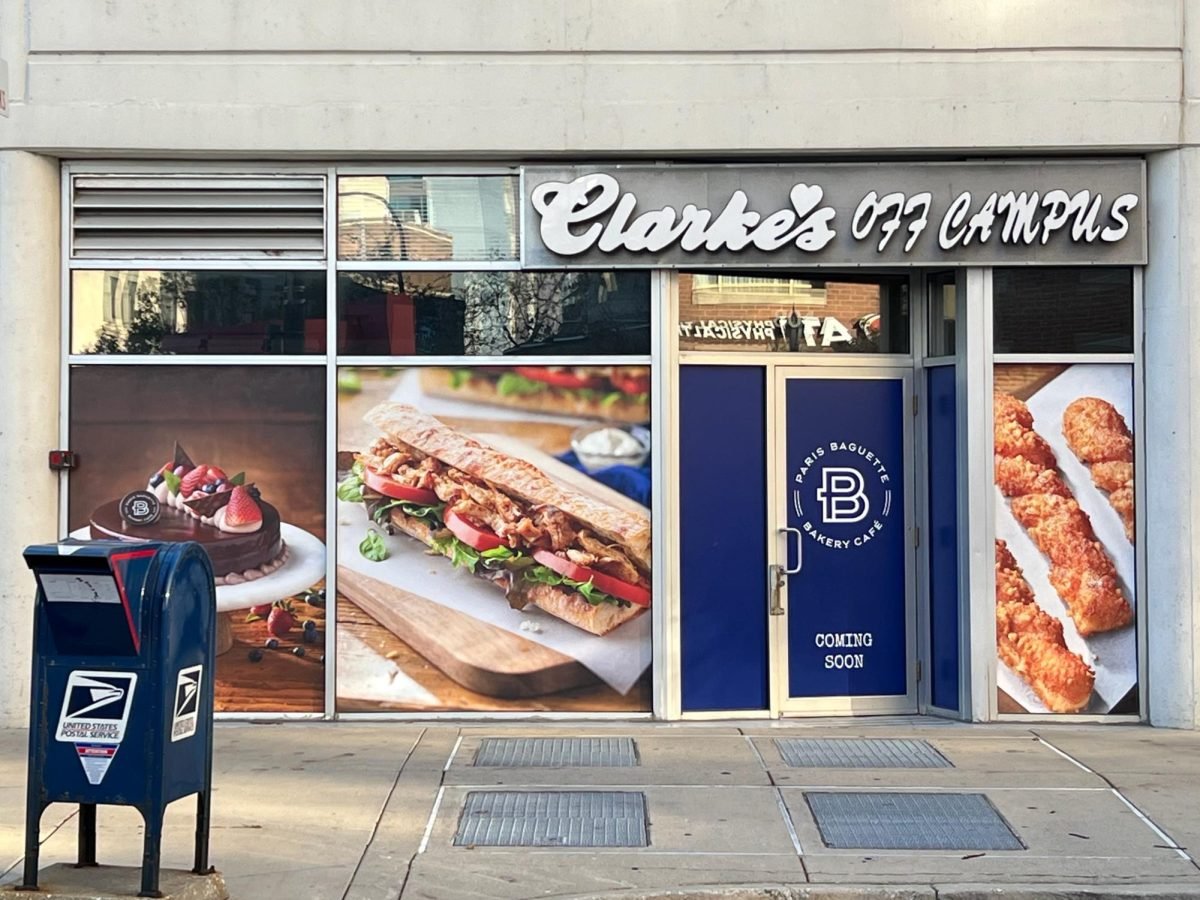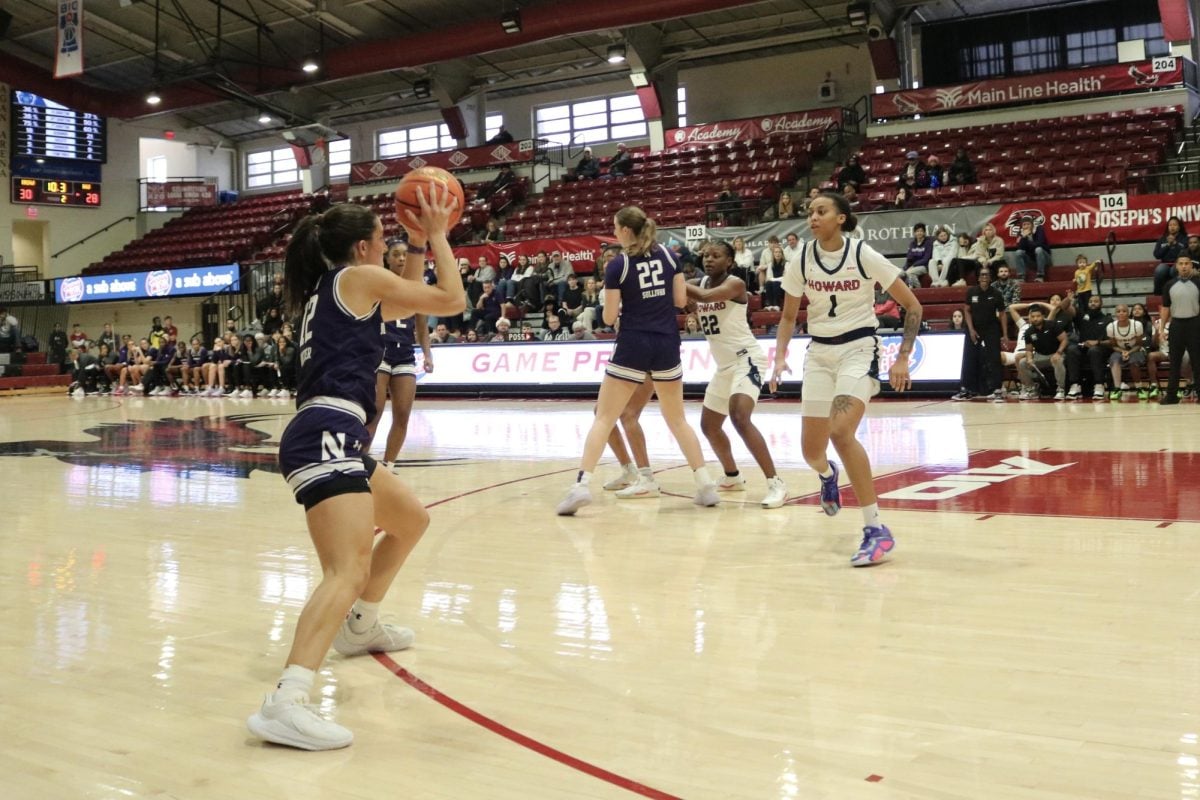CVS Caremark’s decision last week to halt its sale of tobacco products will likely have little effect on local and individual smoking habits, a Northwestern health expert said.
CVS Caremark, the parent company of CVS stores, announced Wednesday that it will stop selling cigarettes and all other tobacco products in its 7,600 stores nationwide by Oct. 1. The decision is the first step in the company’s upcoming full-scale smoking cessation program, which will launch this spring.
“Put simply, the sale of tobacco products is inconsistent with our purpose,” said CVS Caremark President Larry Merlo in a news release. “The significant action we’re taking today by removing tobacco products from our retail shelves further distinguishes us in how we are serving our patients, clients and health care providers and better positions us for continued growth in the evolving health care marketplace.”
But Lisa Currie, who has a master’s degree in public health and is Northwestern’s director of health promotion and wellness, said she sees this more as a company “remaining true to its core mission” of health care. She said this action, although commendable, likely will not make much of an impact on regular smokers, especially those at NU, despite the fact that the CVS pharmacy in downtown Evanston, 1711 Sherman Ave., is one of the most accessible tobacco distributors for students.
“Certainly limiting access like that in any community when there’s only a handful of outlets that sell tobacco, that can impact youth,” Currie said. “But if they’re that daily smoker who needs to buy their cigarettes by the carton, they may be seeking out a way to have that supply regardless of where it’s available.”
According to the Core Survey on Alcohol and Other Drug Use, a survey conducted at NU in 2012, only 13 percent of NU undergrads had used cigarettes in the last 30 days. Only 1.4 percent identified as daily smokers. Although these numbers are lower than the national average for college students, Currie said attempting to limit access likely will not have much effect on these few dedicated smokers.
Medill sophomore An Phung, who is a regular smoker, echoed Currie’s statements, saying she is “indifferent” to CVS’ decision as long as it does not affect cigarettes prices elsewhere.
“It’s more of an inconvenience. CVS is supposed to be a convenience store. But I think it’s their business, and I also feel like society is moving more toward an image that is less supportive of smoking cigarettes,” Phung said.
Furthermore, she said she only purchases cigarettes at CVS if she happens to be there already; if not, she is more likely to purchase them at 7-Eleven because it is closer to campus.
“That would, if anything, deter me from smoking that day if I’m craving it,” she said.
Stephen Burnett, Kellogg professor of management and strategy, said it would not make sense strategically for the company to continue selling cigarettes.
“I’m sure they’re not doing this out of the goodness of their hearts. There are some sound business reasons,” Burnett said. “The actual impact would be pretty slim.”
He also pointed out that, despite CVS’ claims of potentially losing $2 billion in sales from the decision, that revenue will likely be made elsewhere by replacing its tobacco products with other product lines.
Despite the lack of substantial effects, however, Currie said the statement itself is still valuable, and that she still hopes other pharmacies follow suit.
“From a health perspective, of course I support limiting access,” Currie said. “The more we can discourage people from either acquiring the habit of smoking or discourage them from continuing the habit of smoking, that’s a win. It’s the most preventable health care issue out there.”
Email: [email protected]
Twitter: @kellyagonsalves
